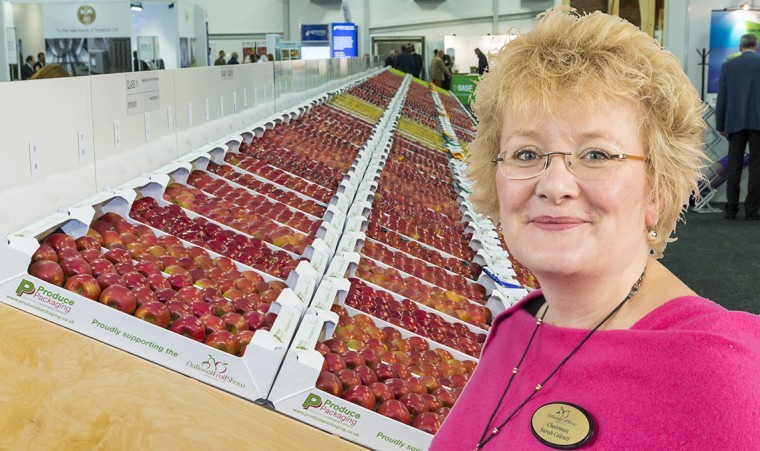So, Food Dudes has folded. Founded following extensive research into the eating habits of the nation’s young, for many years the programme has engaged thousands of primary and secondary school children, changing their eating habits for life.
Research showed that the average British adult fell short of the daily recommended intake of 400 grams of fresh fruit and vegetables by a whopping 150 grams. We weren’t the worst globally but we were certainly high up the European league. The health benefits of a diet rich in fruit and veg is clear – currently it’s called “eating clean,” removing a large amount of the processed foods from your diet has a myriad of benefits, not least that you are less likely to be fat.
Let’s not be shy here: we’re not talking about an inch or two extra, we’re talking about something like 25% of the whole British population weighing in at almost double what they should and a large swathe chomping their way to join them. I’m sitting on the 7am commuter train writing this, and looking around my carriage I can’t actually see anyone who I would call slim and fit. I can see three who could do with losing half their body weight and the rest of us could part with a stone or three.
Loss of central funding appears to be the reason behind the ending of the project, but why it failed evades me. It was one of the few programmes that was cross sector – no one single sector focus, across the whole of fresh produce it brought in the principals of role modelling, rewards and repeated tasting delivered in phases through schools’ healthy eating programmes. Working with schools, the materials were brilliant, the curriculum links were fantastic and it undoubtedly brought fresh produce to pupils for whom the fruit and vegetable scheme no longer reached – and taught them about what they had in front of them and what to do with it.
There are some excellent food and farming programmes emerging that are designed to link healthy eating with long life, better academic and sporting performance and a good diet in the long term. The NFU campaign supporting healthy eating week (which reaches 24% of all school aged children), the broader work lobbying retailers to make it easy for shoppers to choose home grown produce and their work placing articulate, exemplar growers on popular food and countryside programmes is excellent. The National Fruit Show, the Agriculture and Horticulture Development Board et al, we are all doing our best to get over a balanced, health conscious message about great home grown produce.
It remains an incredibly complicated message though, this healthy eating thing. There is confusion over portion size, do pizza toppings count, the eat well plate, eat in colour, five a day, the traffic light system (though that has been known to show that a can of coke is better than a bottle of orange juice so…)
It’s all horribly confusing for teachers beleaguered by educational policy changing every term. Is it not surprising that they find it hard to get to grips with this one? There are multiple industry campaigns that are all chasing the same audience: how do they give this good message to students in their care? I am a fan of five a day. But with the whole of the British produce industry working together, how hard can it be to agree our portions, pictograms to clearly demonstrate that balanced diet rich in British fruit and vegetables and send a single message from us all to consumers?
The British produce industry can save the NHS money by improving the nation’s health with one message. Improving your diet, drinking and eating less and exercising more are very popular new year’s resolutions. Perhaps as an industry ours needs to be “working together we will improve the nation’s health.”




